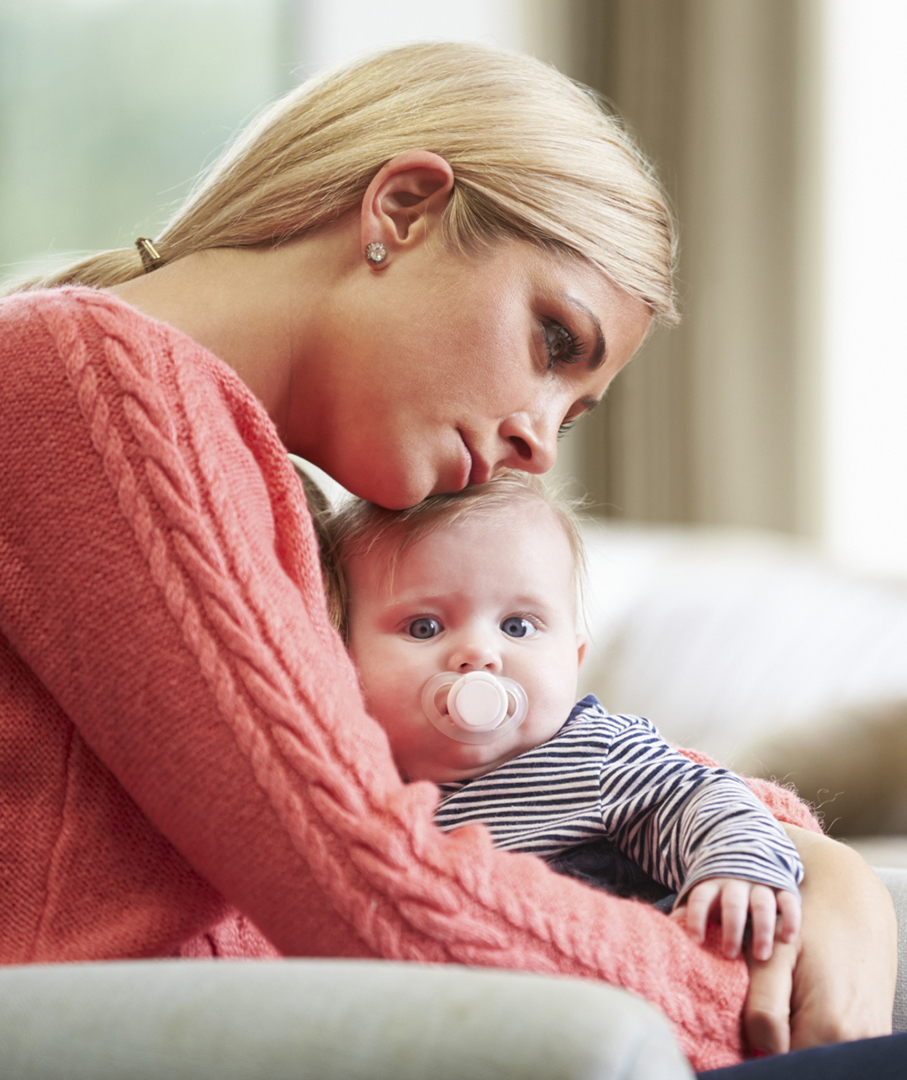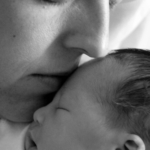Medical conditions with a postpartum flare pattern – including postpartum thyroiditis, multiple sclerosis and rheumatoid arthritis – have an etiology related to immune system dysregulation. Earlier this year, we reviewed an article suggesting that some cases of postpartum psychosis may be immune-mediated.
It turns out that preeclampsia is also immune-mediated and, like postpartum psychosis, is strongly linked to first pregnancies. This overlap between the two has led some to wonder if preeclampsia may be associated with a higher risk of severe postpartum psychiatric illness.
Using data from the Danish population registry, researchers explored whether preeclampsia is a risk factor for first-onset postpartum psychiatric illness. A total of 400,717 primiparous women with a singleton delivery between 1995 and 2011 were assessed. Primiparous women were at particularly high risk of first-onset psychiatric illness during the first month postpartum [incidence rate ratio or IRR 2.93, 95% confidence interval (CI) 2.53-3.40] and preeclampsia added to that risk (IRR 4.21, 95% CI 2.89-6.13). Having both preeclampsia and a medical comorbidity resulted in the highest risk of psychiatric episodes during the 3-month period after childbirth (IRR 4.81, 95% CI 2.72-8.50).
There are several possible ways to understand these findings. One explanation for this finding is that both postpartum psychiatric illness and pre-eclampsia are immune-mediated events and may occur together when there is dysregulation of the immune system. Another possible explanation is that the psychological impact of a serious medical condition may play a role. Preeclampsia is associated with significant perinatal complications, including preterm delivery, poor neonatal outcome and death. It is plausible that these adverse events trigger stress and grief, making women more vulnerable to psychiatric episodes after delivery. In addition, the authors hypothesized that vascular inflammation observed in preeclampsia could modulate neurobiological vulnerability to psychiatric illness.
Further research will help us to better understand the link between preeclampsia and postpartum psychiatric illness. In the meantime, we should be aware that women who have experienced preeclampsia, especially women with associated medial illness, carry a significantly increased risk of postpartum psychiatric illness and may benefit from closer monitoring after delivery.
Ruta Nonacs, MD PhD
Bergink V, Laursen TM, Johannsen BM, Kushner SA, Meltzer-Brody S, Munk-Olsen T.
Pre-eclampsia and first-onset postpartum psychiatric episodes: a Danish population-based cohort study. Psychol Med. 2015 Dec;45(16):3481-9.








Leave A Comment